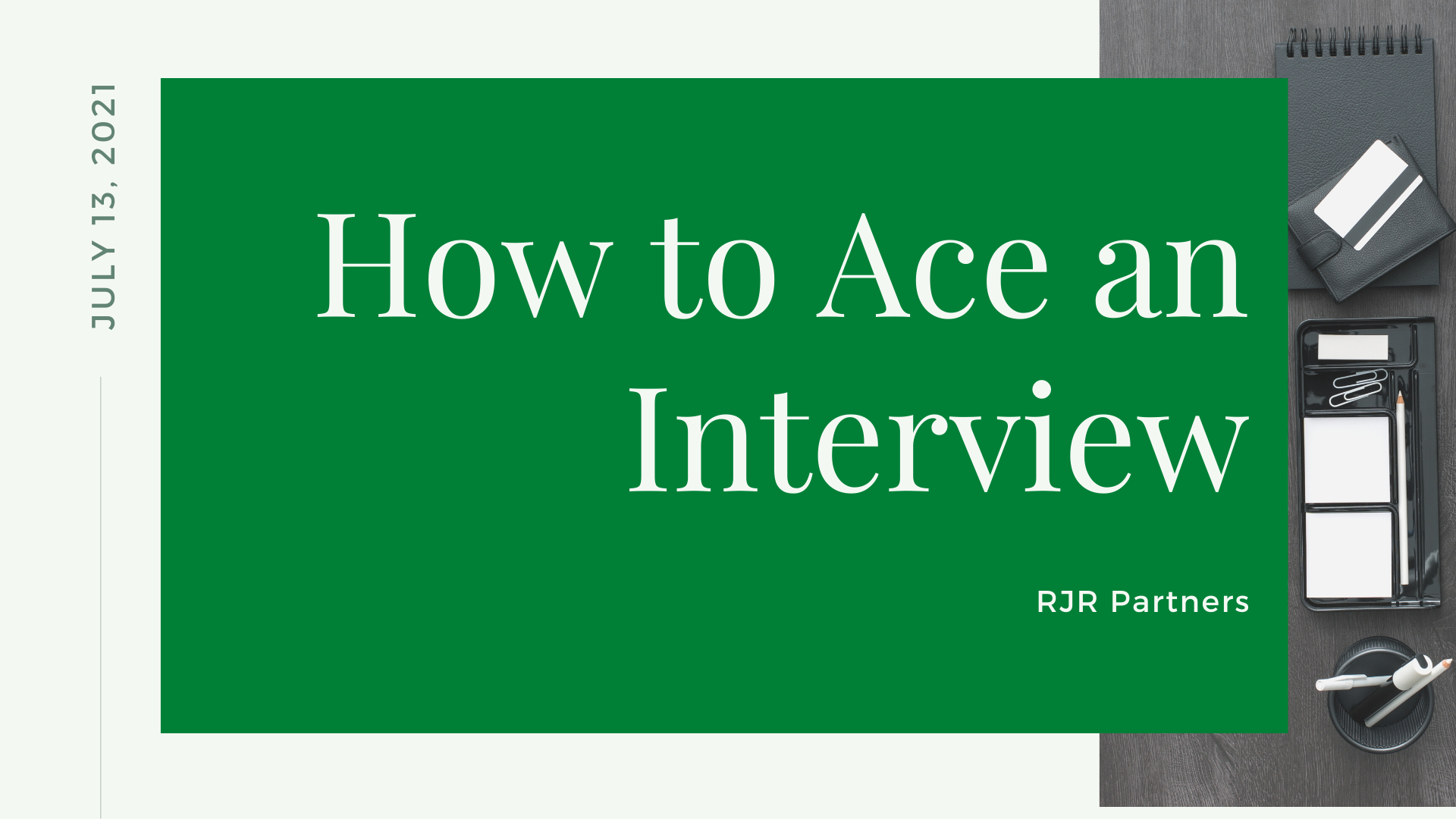Humans are naturally inclined to form strong opinions and judgements upon their initial exposure to unfamiliar circumstances. This behavior is particularly prevalent when one person meets another for the first time. Because of this, first interviews with potential employers are incredibly important. How one presents themselves from the start will play a significant role in the outcome of their endeavor.
Whether it’s your first ever interview, or your hundredth, there are a few tried and true preparations that you can make to ensure that your first impression is the best impression. Below are some suggestions that make for a great interviewee.
Research
There are two prongs to this approach when preparing for your first interview. First, you must know the Company, it’s values, it’s focus, it’s development, and more. Not only will your familiarity and curiosity intrigue the interviewer, but it will provide you with the comfort and confidence in feeling prepared for any “Why Us?” questions that they will inevitably ask you.
Second, know who’s interviewing you and what you might have in common. This will not only encourage natural flow of conversation, but also give you plenty of information to ask them about themselves, as well as their experience at the Company. Ultimately, going in blind is going to put you in an uncomfortable position, and your interviewer will notice that you didn’t care to do your research. Show that you have the initiative and the interest to put time into learning more about the company that you genuinely want to end up at.
Who Are You?
Interviewers want to know about who you are, not just what’s on your resume. Your resume lists your experience, but an interview gives you the opportunity to humanize yourself through conversation. Your background and goals make up the story that is your life, so connect the dots to help them truly understand you. Present yourself in a way that shows you have the characteristics of someone that is a good problem solver, a teamplayer, and is motivated, etc. Your interviewer will remember your personal anecdotes and experiences. Detail your life so that they will realize that you have the qualities they want in a hire.
Be Confident
This is your opportunity to tell your interviewer what you can do. Fill in the holes of your resume. Talk about your accomplishments at your previous job. Show your interviewer not only what you can achieve at the company, but also what you can contribute to them. Think about these accomplishments before the interview so you have them prepared for when it comes up and connect them to the research you did on the company.
Transparency
During your interview, make sure that you’re honest and that your answers are genuine. It is easy for an interviewer to do some fact checking to find out if you weren’t honest. If something on your resume doesn’t look entirely attractive, be honest in your explanation if you’re asked. Embrace your weaknesses and always explain what you are doing to overcome those challenges.
Ask Questions
When an interviewer asks you if you have any questions, DO NOT say no. This is a make it or break it moment in the interview. Come prepared with some questions and show you have an interest. These can include questions about the company, the expectations that they have of you, and the interviewer’s own experience. Here are a few example questions:
What are some of the attributes of a successful employee at [company name]?
What responsibilities would be expected of me from day to day?
What are great ways outside of the day-to-day work that allows employees to fully engage with the company and community?
How did you end up here and why have you stayed?
Do you have any final questions or concerns about my background that I could answer for you?
